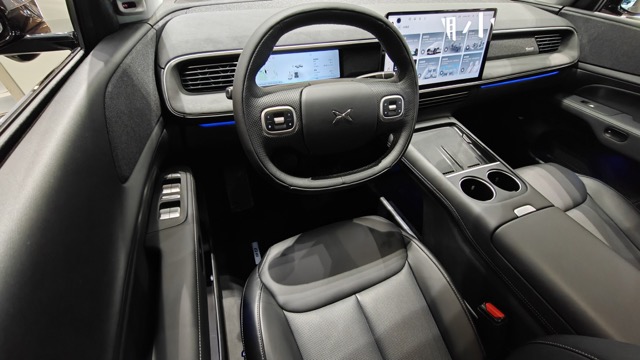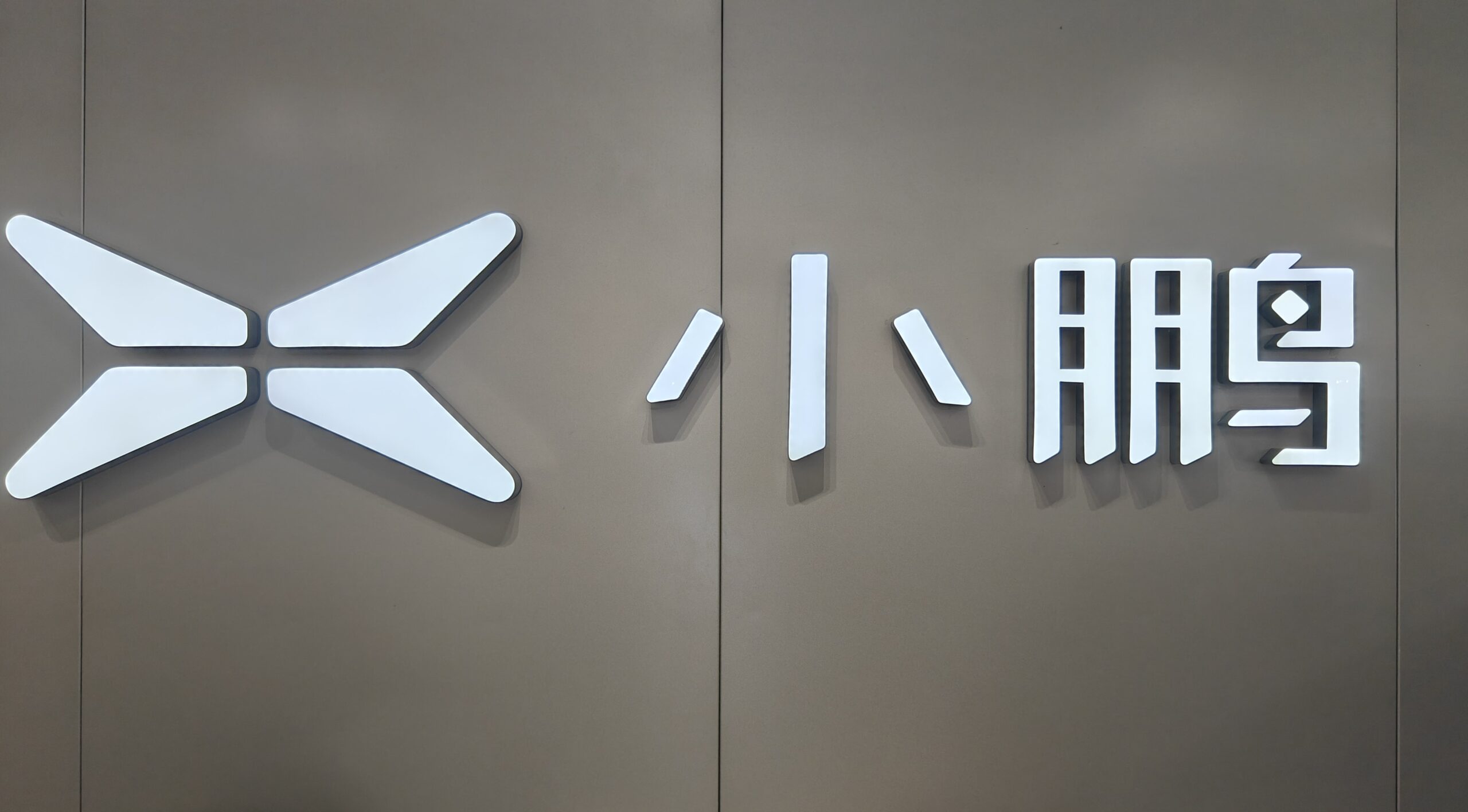In a bid to regain lost ground in China, the world’s largest electric vehicle (EV) market, the Volkswagen Group has joined forces with Chinese EV manufacturer Xpeng. This collaboration aims to co-develop two mid-sized, battery-powered vehicles for the mainland market, with an anticipated launch in 2026.

The announcement, made on Thursday, revealed that these new EVs will sport the Volkswagen badge and leverage joint purchasing and technology sharing strategies. These joint efforts are expected to expedite development by over 30%.
This partnership builds upon Volkswagen’s investment of $700 million secured last year, acquiring a 4.99% stake in Xpeng, a Guangzhou-based company renowned for its autonomous driving technology.
“Speed is of the essence when tapping into promising market segments in the world’s largest and fastest-growing EV market,” emphasized Ralf Brandsätter, Volkswagen’s China Chief Executive, in an official statement. “Through this partnership with Xpeng, we not only accelerate development times, but also foster efficiency and optimize cost structures. This significantly enhances our economic competitiveness in a highly price-sensitive market environment.”
Volkswagen further elaborated in its statement that its existing supply chain will contribute to cost advantages, with the first model targeting the mainland market being an intelligent sport utility vehicle (SUV).
Once dominant players in China’s automotive industry, global brands like Volkswagen and General Motors are currently struggling to maintain their footing against the surge of domestic EV manufacturers. Their traditional gasoline-powered line-ups are losing traction in this key market.
While Volkswagen delivered 3.24 million units in mainland China and Hong Kong last year, this translates to a meager 1.2% year-on-year increase, lagging behind the overall market growth of 5.6%. Although the company managed to sell 23.2% more pure-electric cars in this region compared to 2022, the total figure only reached 191,800 units. In stark contrast, China’s mainland EV market witnessed a significant 37% jump in the same year, with deliveries of both pure-electric and plug-in hybrid cars reaching 8.9 million units.
Xpeng, Volkswagen’s new partner, delivered 141,601 fully electric cars to mainland customers in 2023, reflecting a 17% year-on-year increase.
“With the long-term vision guiding our strategic partnership, both parties contribute their best expertise,” stated He Xiaopeng, Xpeng’s co-founder and CEO, in a separate Thursday statement. “We’ve already begun to realize synergies through our joint sourcing program, and I firmly believe there’s significant potential to explore within this partnership.”
China’s dominance in the global EV industry is further amplified by this Volkswagen-Xpeng collaboration. Historically, the relationship between global car giants and their Chinese partners revolved around the former licensing their technology to the latter. However, the tide seems to be turning.
Just this week, Xpeng’s domestic rival, Nio, announced a licensing agreement with Forseven, a unit of the Abu Dhabi government fund CYVN Holdings. This deal allows the Middle Eastern EV start-up to utilize Nio’s technical information, knowledge, software, and intellectual property for various stages, including research and development, manufacturing, and distribution of vehicles.
This recent partnership between Volkswagen and Xpeng marks a significant development in China’s growing influence within the global electric vehicle landscape.

